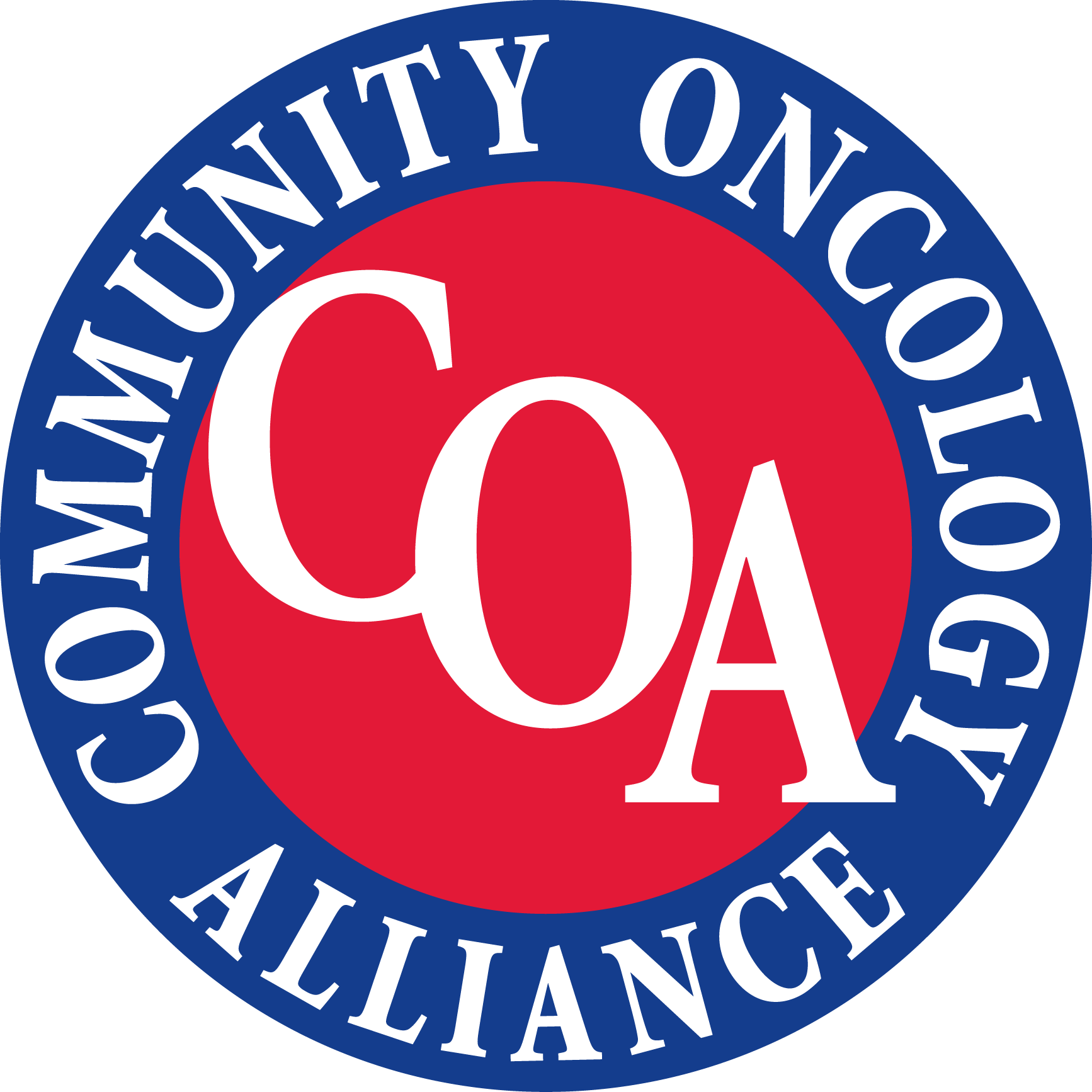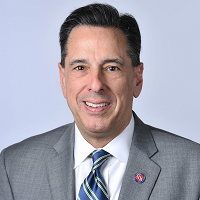
Biosimilars Advance in the Oncology Space

Hospital reimbursement deals slow the adoption of biosimilars in oncology, but cost concerns contribute to the incentives to use these agents.
When it comes to biosimilars, recent months have seen important developments in oncology. These have included new findings on oncologists’ willingness to prescribe biosimilars and fresh pursuits among companies that hope to carve out a niche in the oncology biosimilars space.
Many health institutions are focused on getting oncologists to prescribe more biosimilars, because these lower-cost agents are comparable to the originator products they reference in terms of safety and efficacy, but biosimilars also have the potential to save money for health institutions and patients and also broaden access to medicine, simply by being cheaper than higher-priced reference products. However, the key is getting oncologists to change their prescribing habits.
One way to do this is to focus on the factors that motivate physicians. Providers are more likely to prescribe biosimilars if they provide savings to a patient or a practice and if insurance companies mandate that biosimilars be used, according to
Fear of monetary loss is, in fact, a chief bias among providers. “This is a consistent theme when it comes to biosimilar utilization—the correlation to cost savings,” said Cardinal Health biosimilars expert Sonia T. Oskouei, PharmD, BCMAS, DPLA, in a recent presentation.
Biologics are a costly component of oncology care and are singled out routinely as one of the fastest-rising expenses in health care. Biosimilars have recently become available in cancer treatment and, based on the Cardinal Health findings, the savings they represent could become a powerful influencer in oncologists’ prescribing habits.
“The fear of monetary loss has double the impact of any potential equivalent gains, studies have shown, so it makes sense that this would be a primary driver of potential bias,” Oskouei said.
Hospital Resistance to Biosimilars
However, many hospitals across the nation are being very slow about adopting biosimilars in oncology, according to Ted Okon, executive director of the Community Oncology Alliance. It’s Okon’s position, backed up by a recent cost study by the financial consulting firm Bernstein, that these larger institutions just aren’t properly incentivized to choose biosimilars over originator brand products.
Biosimilars are equally as efficacious as originator brands and they may be cheaper, but 30% to 43% of hospitals still do not prescribe biosimilars. One reason why is that the deals they strike with payers offer them enormously lucrative payments for using originators.
For example, at UT Southwestern Medical Center, in Texas, a provider can earn the institution a $17,241 payment from Cigna for a single dose use of the Neulasta originator brand of pegfilgrastim, vs $6474 from Aetna, according to the
Other factors also influence whether hospitals use originators or biosimilars, such as the 340B Drug Pricing Program, which is designed to improve patient access to drugs but, because of its compensation structure, often incentivizes hospitals to use the most expensive drugs, according to Okon.
Oncology Biosimilars in the Pipeline
Even if some hospitals are resistant to using biosimilars, new oncology biosimilar products are in the pipeline and undergoing FDA review, and these have the potential to add to the savings for institutions that use them. Under development currently are programmed death checkpoint inhibitor biosimilars that mimic the action of pembrolizumab (Keytruda) in stopping malignant cells from “switching off” the immune system response.
Among this class of potential biosimilars is a product under development in Ontario, Canada, by PlantForm, a company that uses tobacco plants rather than animal cells to cultivate the antibodies for biosimilar products. Company officials have noted the irony of using tobacco plants, commonly identified with the production of carcinogenic products, to develop cancer-fighting agents. PlantForm has partnered with other companies in a project to bring a
Newsletter
Stay ahead of policy, cost, and value—subscribe to AJMC for expert insights at the intersection of clinical care and health economics.












